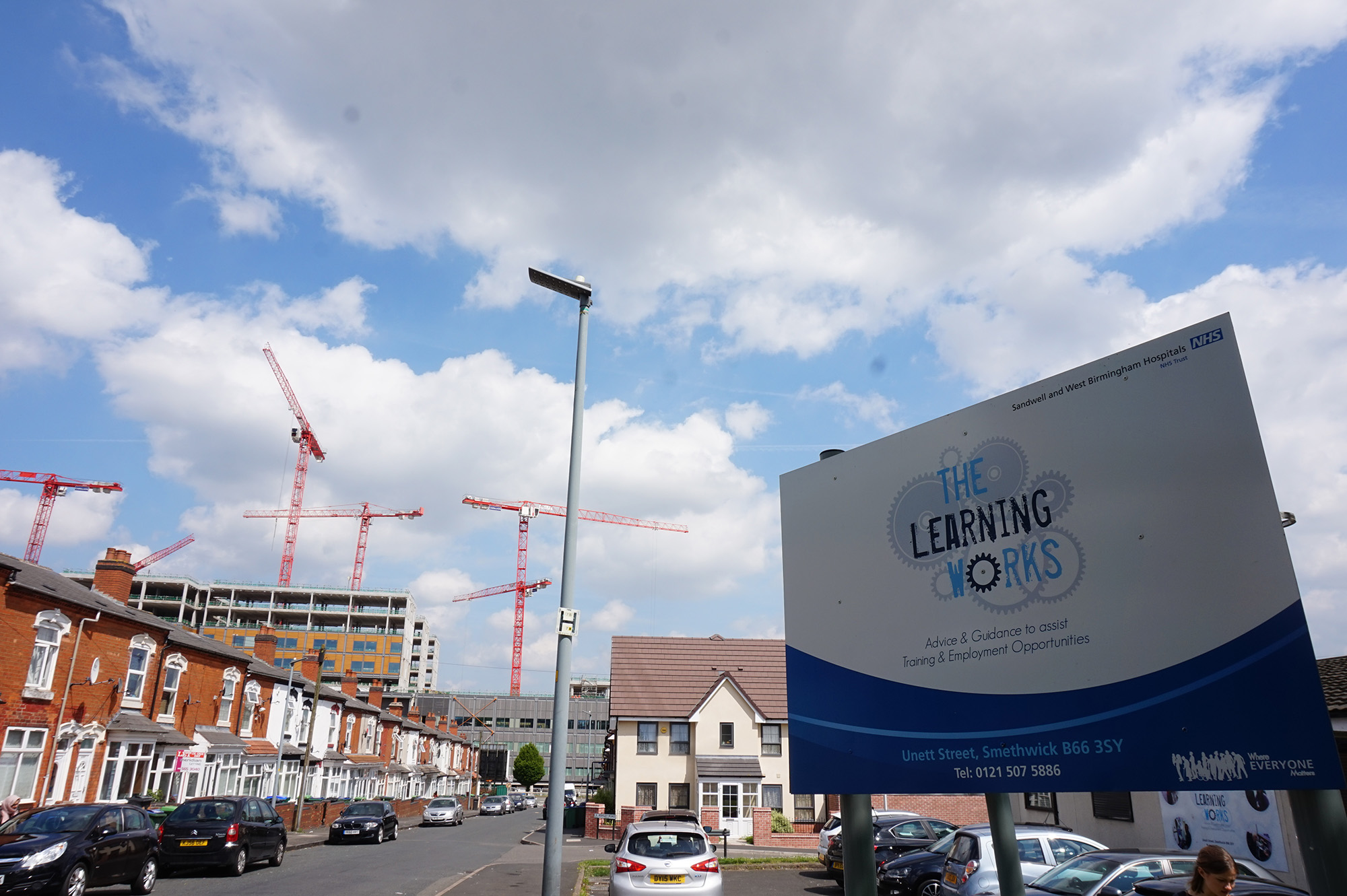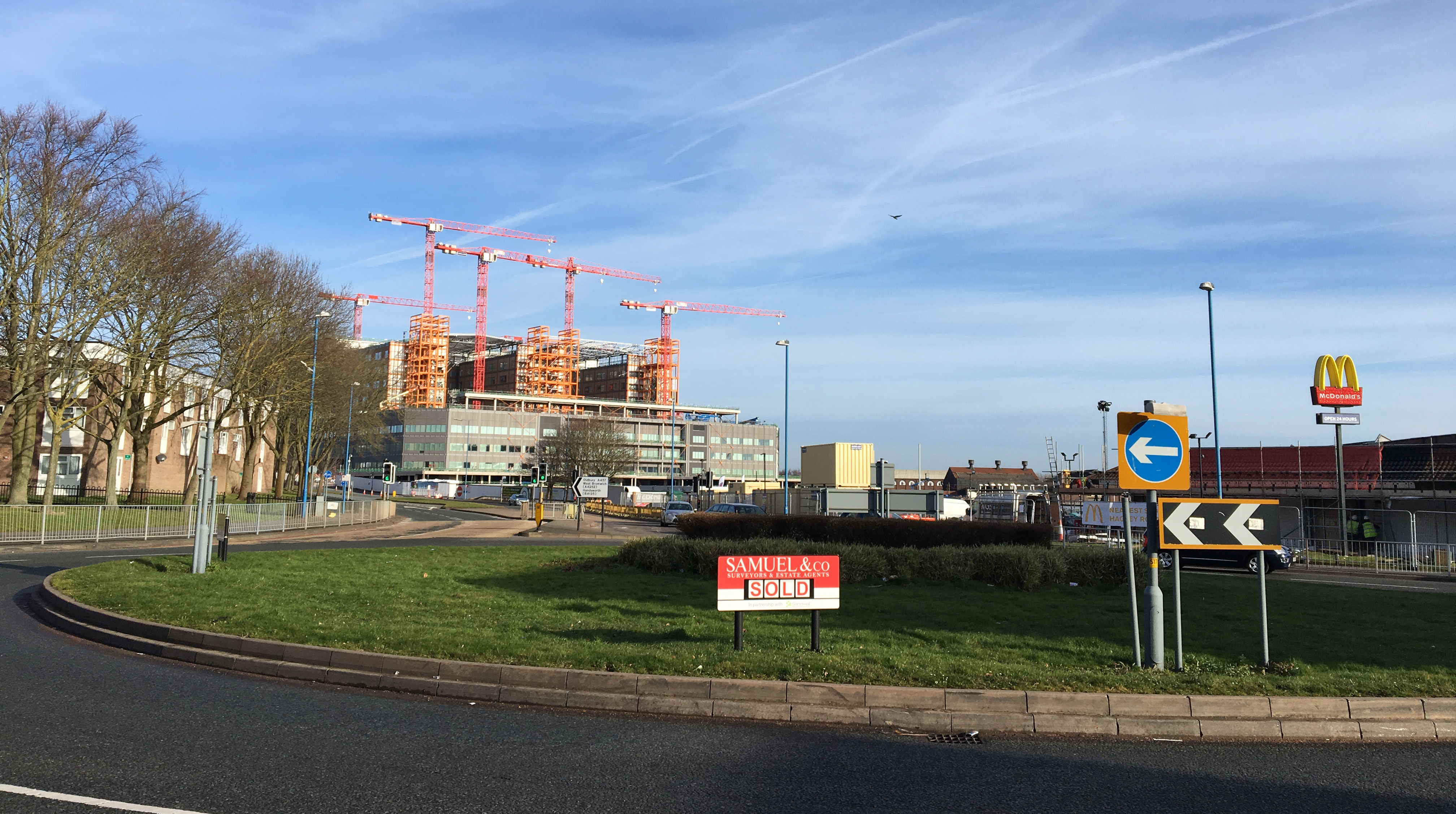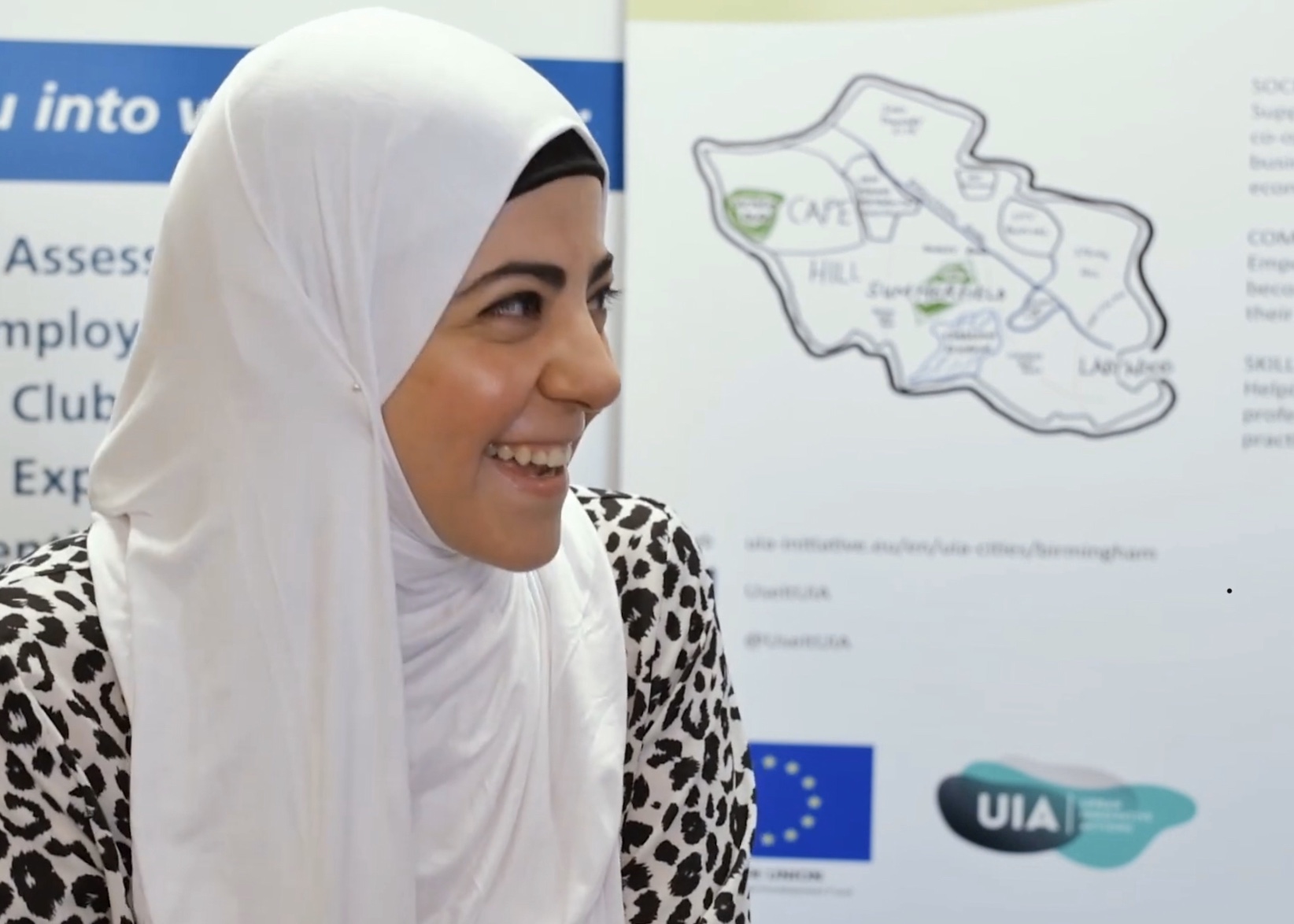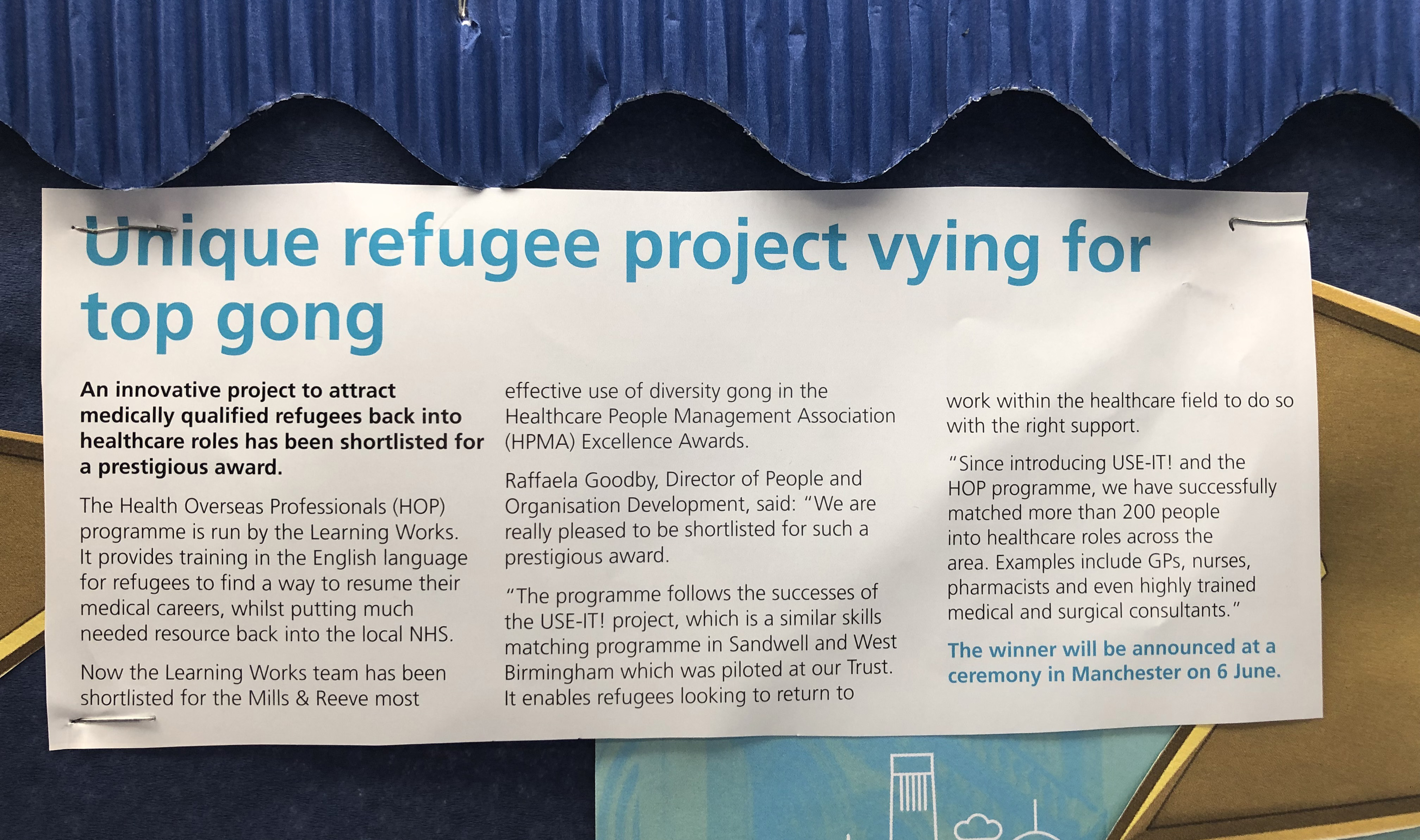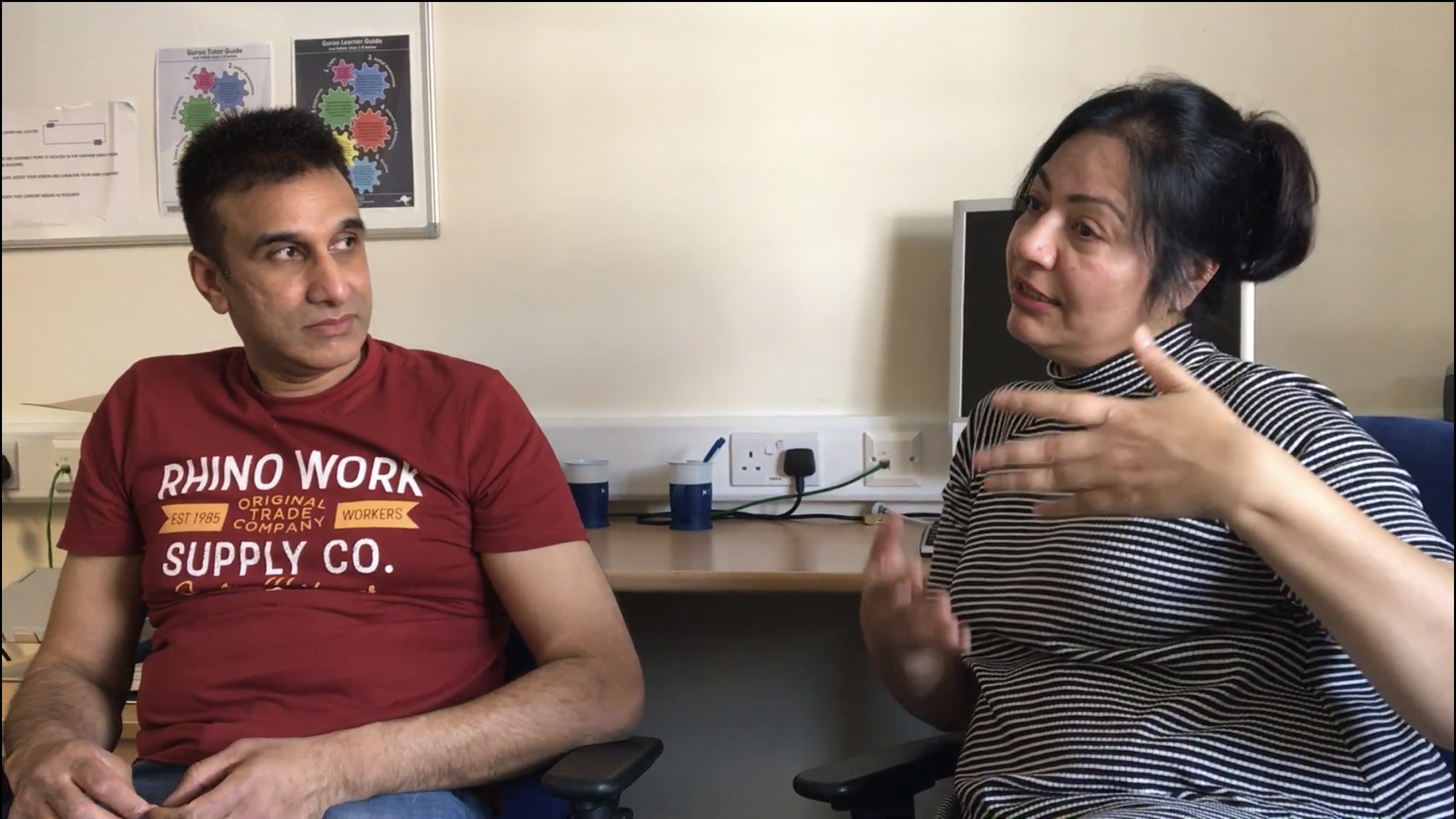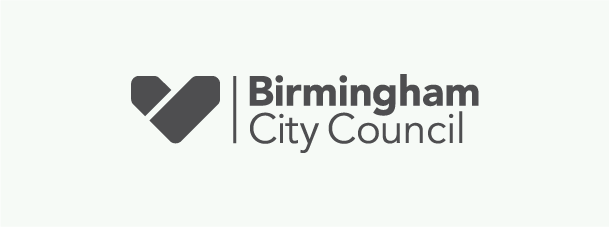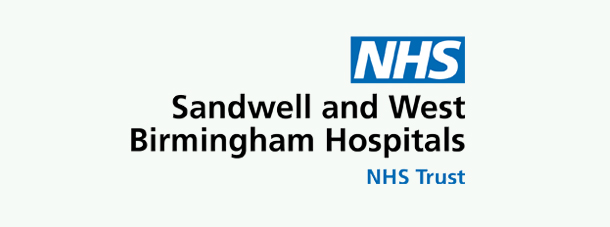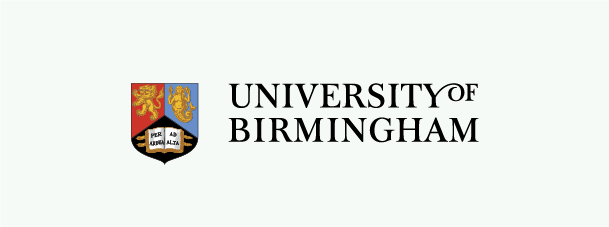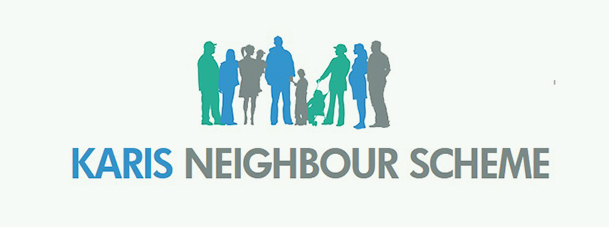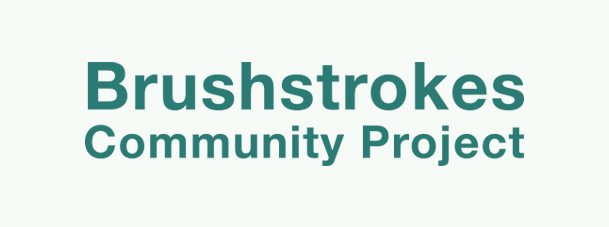To start the process of unlocking Midland Metropolitan Hospital as an asset for the local community, USE-IT! set up a skills matching programme to identify medical professionals, with overseas experience and qualifications, living in the area who could be matched with jobs available in the NHS. Tapping into a wealth of clinical expertise in the refugee and migrant communities, which was previously ignored or inaccessible, and providing the necessary training in English and work experience in a clinical environment, has allowed over 250 people to find a way to resume their medical careers, whilst putting much needed resource back into the local NHS.
Unique collaborations with local organisations have helped to identify, support and train GPs, nurses, pharmacists and highly trained medical and surgical consultants. We’ve seen the skills matching partnership grow from four to forty organisations and USE-IT! has clearly demonstrated that there is a low cost and sustainable way of sourcing employment opportunities in high-need communities, as long as anchor institutions are prepared to work in genuine partnership with specialist community-based organisations.
Legacy
Our work with overseas medical professionals has been so successful that not only is it being core funded by the NHS, it has been rolled out across the whole of the Black Country. The really interesting legacy, however, is the way the hospital has adopted this collaborative approach to creating jobs for other high need communities. This includes care leavers, ex-offenders, young people experiencing homelessness and young people with autism.
We believe this model of building a bridge between a large anchor institution and expert community based organisations could be adopted by virtually any other large employer with a commitment to inclusive growth.
How individuals have benefitted
As of 2019, 208 individuals were on the USE-IT! clients database and 143 had been invited to the free training for the International English Language Testing System (IELTS) exam, a prerequisite for starting training to work in the NHS. 15 people had started work experience placements at City Hospital. 32 were in paid work in Health Care as an interim employment opportunity. Six had been invited for placement as General Practitioners in primary care settings and three of these had accepted. In the following video we hear, first, from Raffaela Goodby of Sandwell and West Birmingham Hospitals, and then Hanan and Mohammed, who have benefited directly from our intervention.
Building stronger relationships to understand individual needs
The NHS hospital trust is now working with over 50 community organisations, new working relationships as a result of USE-IT!, driven by the goal of helping migrant health professionals. In many cases this has required a real understanding of their needs, for example, local community organisations accompanying these clients for their first meeting with the training partner Learning Works to help overcome language barriers. From this point on, Learning Works supported the health professionals’ in training to meet educational and accreditation needs for NHS employment. Here we hear from Rafaella Goodby of Sandwell and West Birmingham Hospitals about how these relationships have been established, and Hanan, one of the beneficiaries.
Helping the whole NHS ecosystem
The USE-IT! initiative has also made the NHS partners realise the need to challenge and overcome a culture of hierarchy and bureaucracy that can be overwhelming and create barriers for newcomers to the workforce. To mitigate for this, part of USE-IT!’s work has been in helping managers and educators understand the needs of the individuals and how they can be best welcomed, a key legacy of the project to take forward as wider attention is drawn to the Skills Matching strand of the project. Here we hear from Lawrence Kelly and Raffaela Goodby from Sandwell and West Birmingham Hospitals about changes at the NHS.

